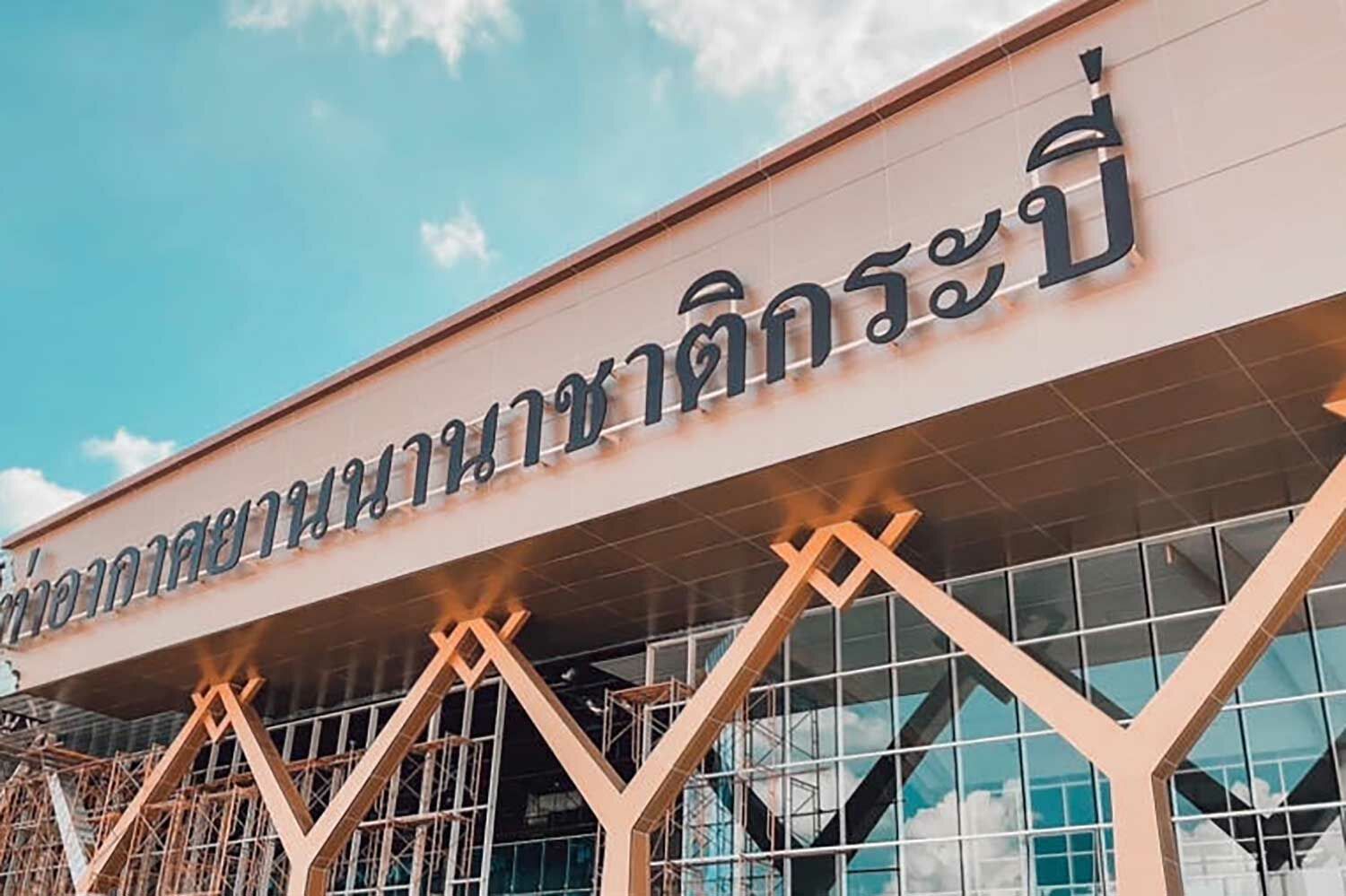Tourists travelling less but spending more in luxury Thai tourism

The luxury travel sector is witnessing a peculiar trend: tourists are travelling less but spending more, according to the observations from Pimalai Resort and Spa, a hospitality establishment located on Koh Lanta. The resort has also noted that Krabi tourism is grappling with the dearth of international flights, especially from China.
The resort’s owner, Charintip Tiyaphorn, revealed that despite the financial strain experienced by European visitors due to inflation and rising living expenses, their enthusiasm for Thai tourism remains undiminished. This is largely credited to the competitive pricing of Thailand’s tourism products.
Current trends indicate a decline in the number of annual overseas trips taken by these tourists, down to one or two from the previous four trips before the pandemic. However, the expenditure per trip has seen a significant rise.
The resort largely caters to guests from the UK, Germany, Switzerland, the US, and China, each constituting approximately 20% of the market. However, 2023 has seen a fall in domestic tourism as high-income local tourists have begun to explore outbound destinations.
The occupancy rate at Pimalai Resort and Spa is anticipated to be around 65% this year, showing improvement from 60% in 2019. Instead of increasing the average daily room rate, the resort’s strategy is to stabilise the occupancy rate, aiming to drive spending through longer stays. The room rate for 2023 has been kept at around 7,317 baht (US$205), slightly lower than 7,802 baht (US$219) in 2019, Charintip stated.
“For the final quarter alone, our occupancy rate and room rate have been upgraded to 80% and 8,500 baht, respectively, thanks to the high season.”
International tourism
She further projected that the occupancy rate could rise to 72% next year, with a daily room rate of 7,600 baht, given the anticipated growth in international tourism, reported Bangkok Post.
The future of Krabi tourism in 2024 appears uncertain, mainly due to the slow resumption of international flights at Krabi airport, particularly from China, India, and South Korea, none of which currently have direct services, revealed Charintip.
“China used to hold the largest market share of 40-50% during its peak season between May and October. However, it now stands at less than 20%.”
Presently, Krabi Airport has direct flights from Scandinavian countries, Poland, Singapore, Malaysia and the United Arab Emirates. Charintip also suggested that the proposal to extend eligible stays for 56 visa-free countries would greatly benefit the Scandinavian market, a major contributor to the island’s tourism. She urged the government to consider investing in wellness tourism products to attract high-quality tourists.
Pimalai Resort and Spa has committed 50 million baht towards facility development. Of this, 20 million baht was used for a lounge bar catering to hotel guests and tourists, while the remaining 30 million baht has been allocated for the renovation of 11 villas, set to be completed next year.
Latest Thailand News
Follow The Thaiger on Google News:


























